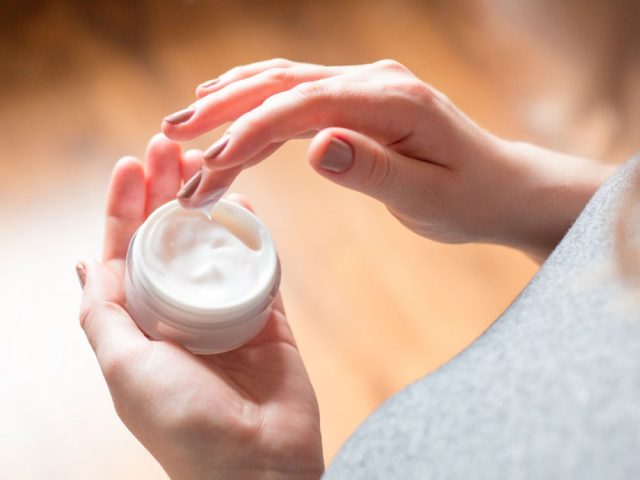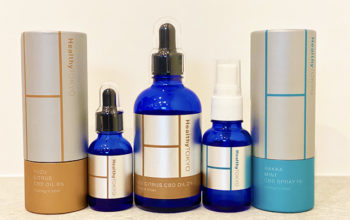Organic and also all-natural cosmetics use gets on the surge. As these items come to be big businesses, it is essential for consumers to protect themselves against false product labeling. That is why it is important to have a third party certify that an item is undoubtedly an organic or natural aesthetic item.
Natural or Organic?
In the United States, an item that claims to be an all-natural cosmetics item does not have to go with any federal government testing to put the words “all-natural” on their product packaging. Even most chemicals can be traced back to their all-natural roots, so technically the term “all-natural” can be put on just about anything! This term has ended up being an advertising and marketing device to sell even more seemingly all-natural cosmetics to innocent customers.
In order to utilize the term “natural” on labeling in the US, nevertheless, there are rigorous government regulations that need to be followed. Most importantly, an organic cosmetic firm needs to confirm that most of its components have actually been grown and refined according to strict, government-controlled, natural agricultural requirements. Depending upon whether they assert to have 100% natural, organic, or “made with organic components” an organic cosmetics business’s products can include differing degrees of natural ingredients.
There are multiple regulatory agencies that can identify if a cosmetic business can call itself “organic.” One of the most strict natural cosmetics laws actually comes from the USA Division of Agriculture (USDA.) Organic cosmetics that feature the USDA label on their items satisfy the strict active ingredients as well as handling criteria based on the USDA’s National Organic Program.
Sadly, it sets you back cash to come to be qualified organic, so many small natural cosmetics and also soap companies choose to forego the costly federal government qualification and also select the term “all-natural” to offer their products. Ultimately, this only serves to injure their track record and also confuse the customer.
Greater Standards in Europe
It is extremely crucial to note that European nations such as France and also Germany in addition to various other nations like Australia currently hold their natural as well as organic cosmetics to an even greater basic than the USA. Visit https://www.youtube.com/watch?v=g_Ov2i_1_9k if you need more information or have any questions about cosmetics.
In Germany, for example, only natural cosmetics companies that have proven to comply with the stringent BDIH guidelines have the ability to place their seal on their packaging. These standards ban petroleum-based, artificial, or genetically modified active ingredients. They additionally need packaging to be ecologically conscious and restrict any pet screening to name a few policies. These standards are just put on all-natural cosmetics companies, not natural ones.

The Future Of Accreditation
Recently, some strides have been made to hold firms in charge of mislabeling their natural as well as all-natural cosmetics when they had non-organic and also petrochemical products. The Organic Consumers Organization (OCA) openly attacked popular companies such as Jason’s Pure Natural, Kiss My Face, and Nature’s Gate Organics for utilizing known carcinogens in their items.
Sadly, the landscape of licensed and all-natural cosmetics in the USA is just going to get more unsure in the months to find as accreditation firms, market groups, and also retailers implement their own policies.
Nonetheless, with the Natural Products Organization launching its bid to tighten up regulations in the US on all-natural products with what total up to a close to a representation of BDIH standards, there is expected the future provided these tougher rules are adopted and supported extensively by the natural personal care products industry and its leaders such as Lavera, Dr. Bronner’s as well as Dr. Hauschka.




